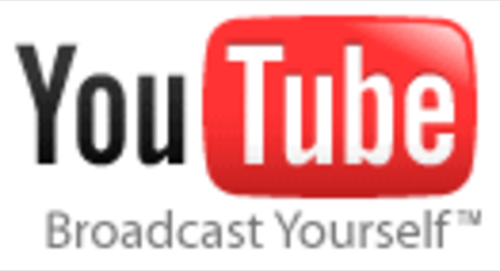Pakistan has now partially lifted its ban on YouTube, according to Naguibullah Malik, secretary of information technology and telecom. The site was one of many – including Facebook, Flickr and Wikipedia – that were banned last week in response to the “Everybody Draw Muhammad Day” movement, an event that was meant to celebrate free speech on the Internet by encouraging people to draw depictions of Muhammad, something considered sacrilegious to many of those in the Islamic faith.

In response, the Pakistani court ordered the Pakistani Telecommunications Authority to shutdown Facebook; YouTube, Flickr and Wikipedia later followed.
A report from Islamabad released early this morning said that the YouTube portion of the ban has now been lifted. The government will continue to block the videos that were associated with the competition, but the rest of the site should now be available. Interestingly though, the Reuters reporter found that many of the videos from the competition are actually accessible, which seems to point to faulty filtering procedures on the government’s side.
Malik noted that the ban on YouTube was a decision made by his ministry itself, and that Facebook was the only site ordered banned by the courts. However, he appears to be in support of partial bans, not wiping entire sites off the Internet. “We had banned one URL of the Facebook but the High Court ordered the banning of the entire Facebook,” Malik said. “I told my colleagues that blocking websites was not the right thing,” he told the AFP news agency in a separate report, referring the blanket ban on Facebook and others.
Facebook is still blocked as of now, according to numerous reports, including this one from the BBC.
On May 31, the courts will again revisit whether or not the ban on Facebook may be lifted.
The Route to Free Speech?
The “Everybody Draw Muhammad Day” event was sparked by Seattle artist Molly Norris, who thought that posting drawings of objects claiming to be Muhammad would have some sort of broader impact on the deeper issues of free speech on the Internet. Her website now claims her total non-involvement with the movement, saying, “My cartoon was taken seriously and hijacked by people who used it to make Facebook pages. I never started a Facebook page. I never set up any place for people to send drawings to and I never received any drawings.”
However, before the cartoon went viral, she had gone on a radio show to talk about art and free speech and what it all meant, something she apologizes for in smaller text beneath her “it’s not my fault” blurb.
There’s no easy answer to the issues of censorship and free speech on the Net, but one wonders if attention-grabbing movements meant only to invoke government censors are the best way to encourage change. What do you think?
















